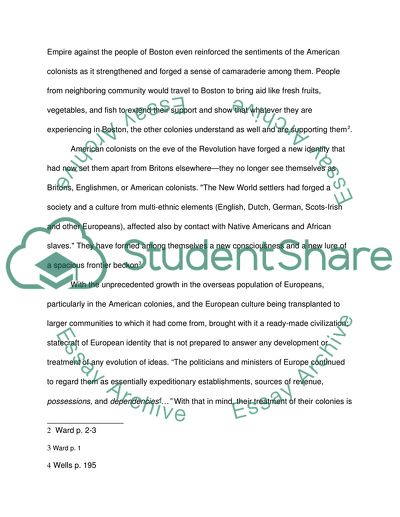Cite this document
(“Analysis On The Triggers Of American Revolutionary War Term Paper”, n.d.)
Analysis On The Triggers Of American Revolutionary War Term Paper. Retrieved from https://studentshare.org/history/1573873-analysis-on-the-triggers-of-american-revolutionary-war
Analysis On The Triggers Of American Revolutionary War Term Paper. Retrieved from https://studentshare.org/history/1573873-analysis-on-the-triggers-of-american-revolutionary-war
(Analysis On The Triggers Of American Revolutionary War Term Paper)
Analysis On The Triggers Of American Revolutionary War Term Paper. https://studentshare.org/history/1573873-analysis-on-the-triggers-of-american-revolutionary-war.
Analysis On The Triggers Of American Revolutionary War Term Paper. https://studentshare.org/history/1573873-analysis-on-the-triggers-of-american-revolutionary-war.
“Analysis On The Triggers Of American Revolutionary War Term Paper”, n.d. https://studentshare.org/history/1573873-analysis-on-the-triggers-of-american-revolutionary-war.


